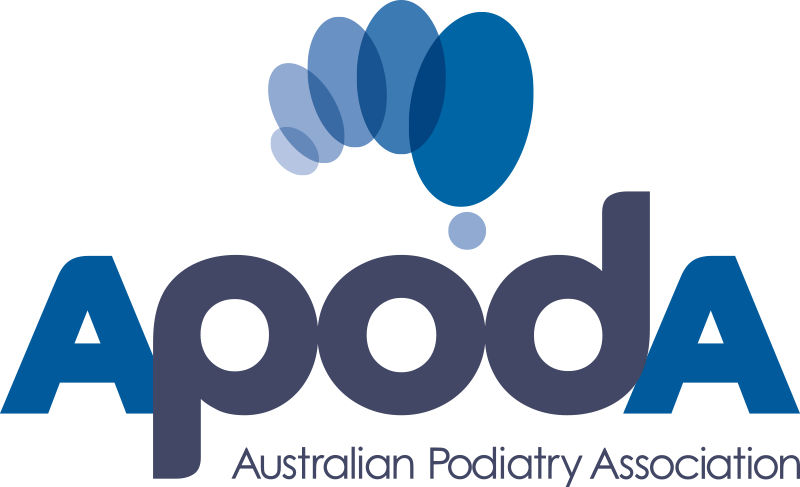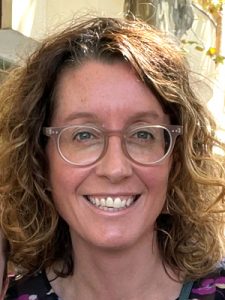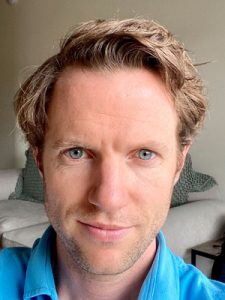Meet Bronwyn
Bronwyn Morris-Donovan is a primary health sector advocate with expertise in advocacy, health sector strategy and planning, governance, and service innovation. Most recently Bron has worked with the National COVID-19 Clinical Evidence Taskforce on the development of living guidelines for the management of people with COVID-19. Bron has experience across several Australian health peak bodies and Colleges including the RACGP, Australian Primary Health Care Nurses, APA and established the Mental Health Professionals’ Network in 2008. Bron has a Bachelor of Podiatry, Master of Public Health, the AICD Company Directors Course, Graduate Certificate in Infection Prevention and Control and is accredited in PRINCE2 Project Management. Bron and her husband Will have two gorgeous kids, Willow and Hugo.
Meet Dan
Dan Miles is a physio by background who has worked clinically in a wide range of settings, in public, private, community and sporting teams. He completed a Masters of Public Health quite some time ago with the aim of trying to help make a bigger difference in improving the populations health. Following that Dan has worked in a number of settings including the Commonwealth government, compensable bodies, Medibank (being involved in the previous iteration of the Australian Defence Force healthcare service provision, whilst still having some clinical involvement. More recently Dan has been involved in advocacy at the Australian Physiotherapy Association. Outside of work he enjoys working in community broadcasting and he has a deep love of sport and keeping fit and enjoys running on a regular basis.
Meet Steven
Steven Brown has a strong interest in health care. He has worked with the APodA for several years and has used his passion for podiatry and for connecting with members to transition into a full time role in the advocacy team.
Prior to this Steven worked in investment banking for 11 years while undertaking postgraduate studies in Finance. Since leaving finance, he has developed his knowledge in podiatry and is now enrolled in a Graduate Certificate in Public Health, all the while using his experience to strategically drive positive change for members. Steven lives in Sydney and can be often found riding his bike at all available opportunities.




